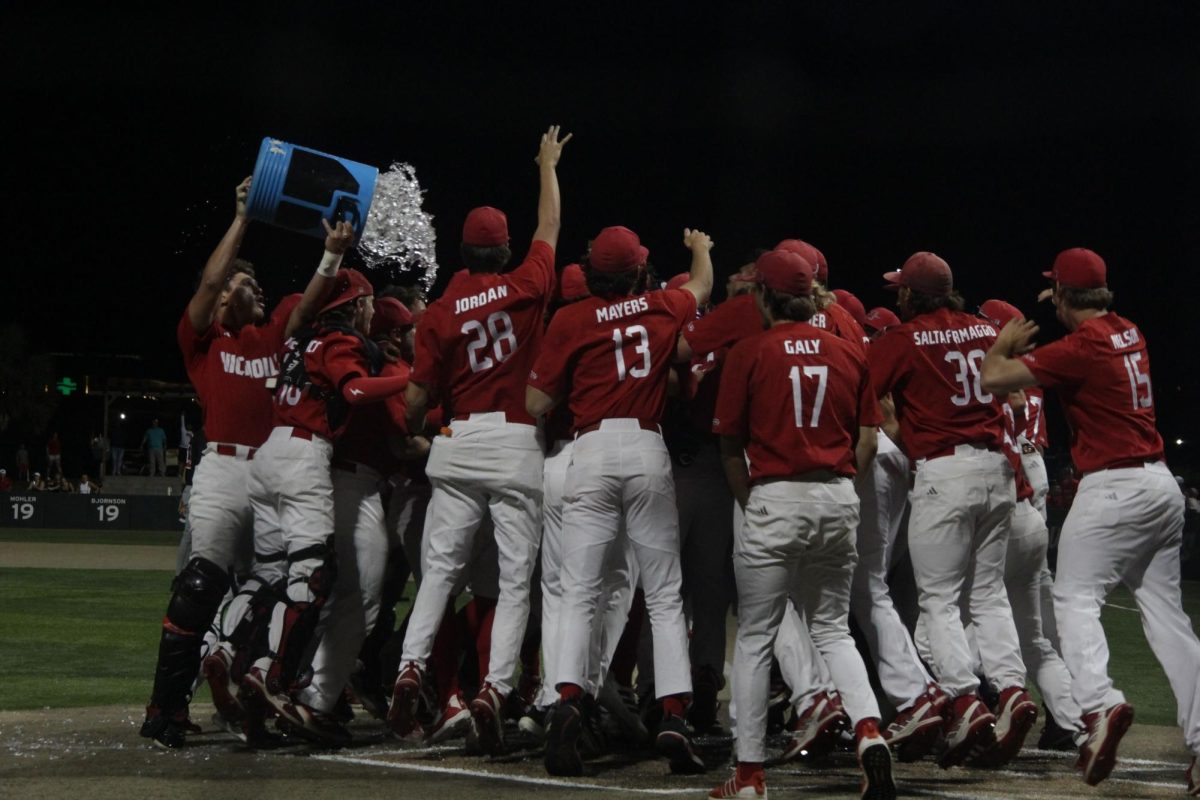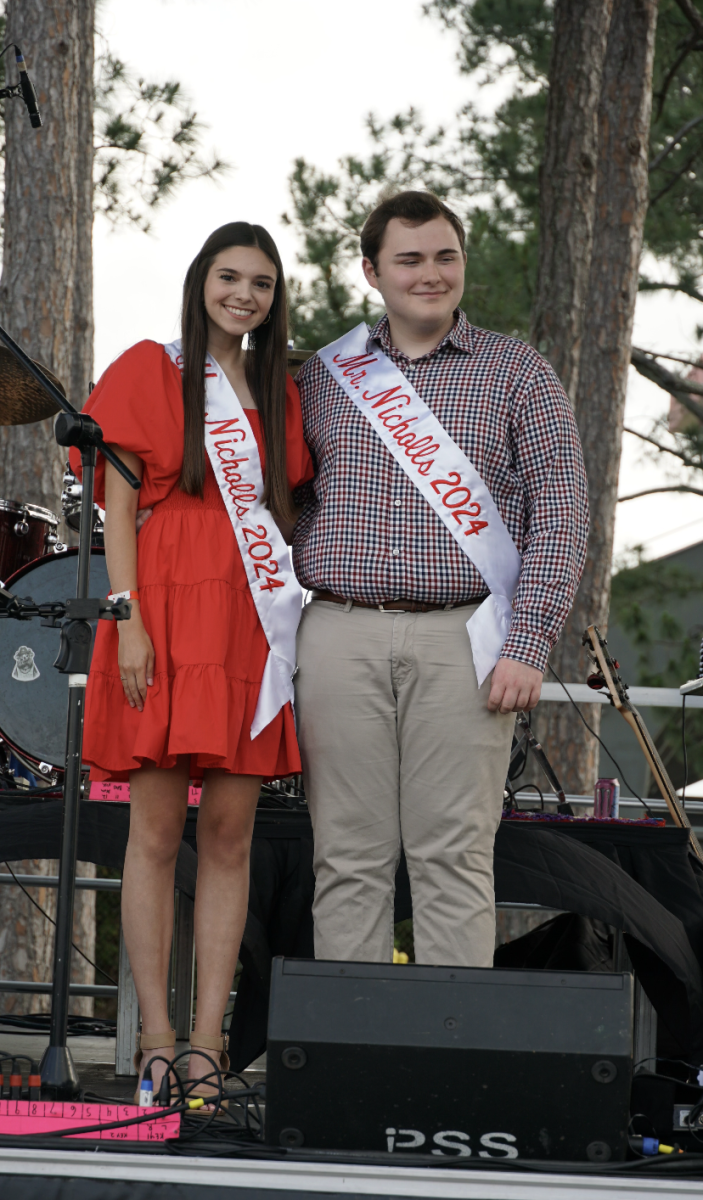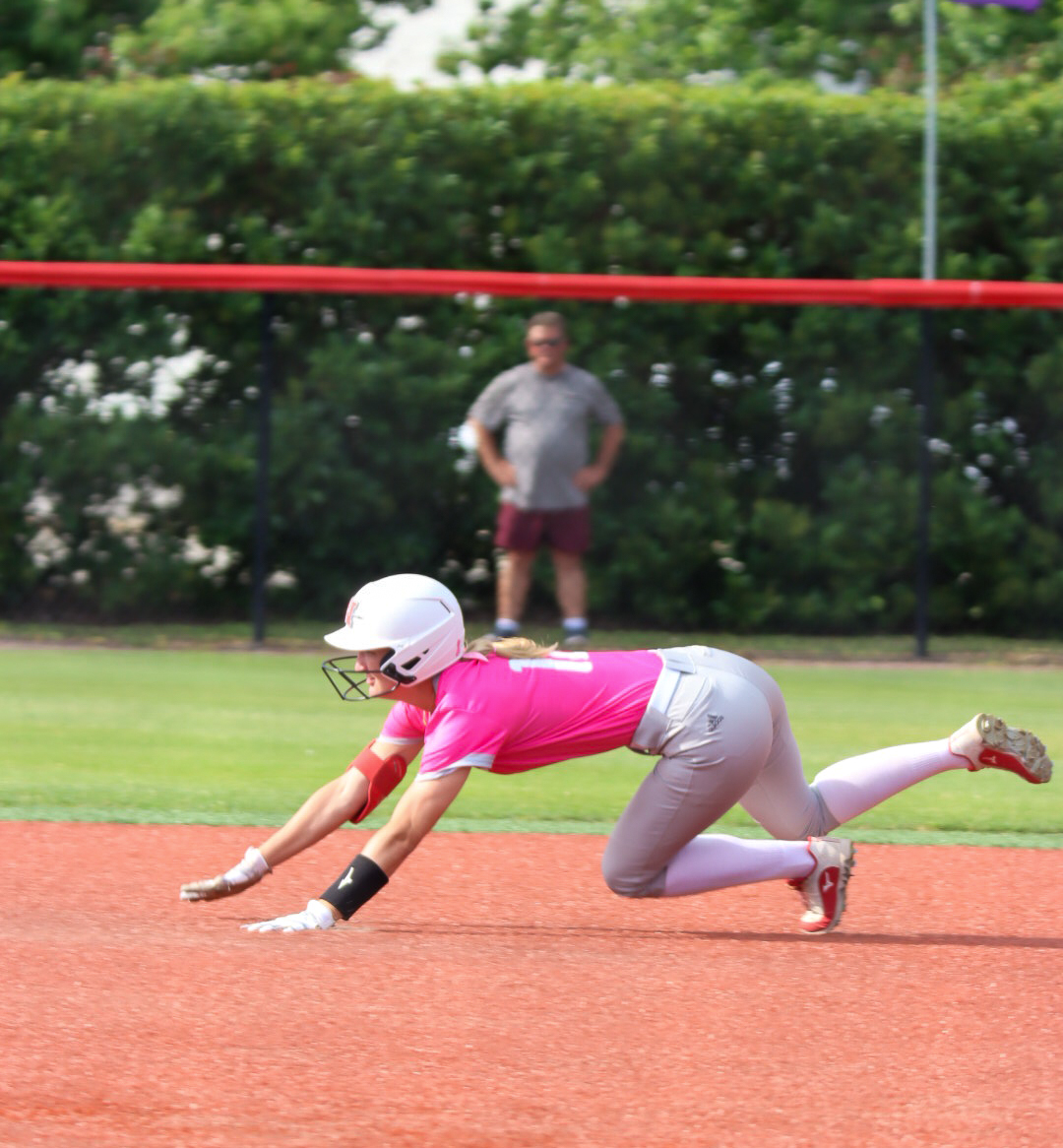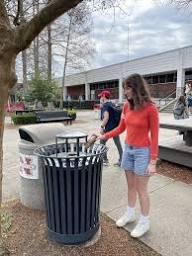The Faculty Senate recently made changes to the Academic Dishonesty and Behavior Policy in hopes of preventing students from repeatedly plagiarizing or cheating on exams.Under the revised policy in the Code of Student Conduct, the Office of Academic Affairs will record each violation submitted by Nicholls professors. Once Academic Affairs identified a student receiving two or more violations, a new Integrity Committee would decide reasonable punishment.
Prior to the revision, students could avoid University sanctions, such as suspension, due to a loophole in the policy. Students were facing punishment only in the academic department where the violation occurred, and those committing more than one act were not tracked if those violations occurred in multiple departments.
The revised policy will also allow the Office of Academic Affairs to address academic violations, instead of the Office of Student Affairs, which primarily handled student conduct violations.
Layne Barrileaux, assistant vice president of Academic Affairs, said the revision allowed for a more structured University-wide procedure to address multiple violations. “The policy puts forward to students that there will be further action taken for multiple offenses,” she said.
Students committing two minor offenses, such as improper citation on essays, could face reprimands to failure on assignments. Two major offenses, such as cheating on an exam or intentionally plagiarizing, or three total violations can result in a failing grade in the class to University suspension up to two regular semesters and a permanent mark on the student record.
The policy revision, however, does not necessarily change or trump an individual faculty member’s sanction. The Integrity Committee’s sanction for multiple offenses may be in addition to the sanction imposed by the professor in the individual occurrence.
Keri Turner, director of freshman English and member of the Faculty Senate, pushed for the policy revision. “I researched other university systems, and I found out that there was a committee in place to track incidents of plagiarism and cheating,” she said.
As chair of the College of Arts & Sciences Integrity Committee, created in 2005 based on her research, Turner gave input to the Faculty Senate for modeling the Academic Affairs version of the committee. “We hope it will develop more concern about academic integrity and create awareness about cheating and plagiarism across campus,” she said.
The Academic Affairs Integrity Committee will be comprised of one tenured faculty member from each college, one dean at-large appointed by Eugene Dial, vice president of student affairs and enrollment services, and one student representative appointed by the SGA president.
Another guideline unchanged by the revision is the accidental violation of the policy, such as unknowingly plagiarizing a cited source on an essay assignment. In those cases, students are given leniency at the professor’s discretion. However, as Turner explained, the incident will still be reported to Academic Affairs.
“We still have to report it because as professors, we have to handle each situation as an isolated incident,” Turner said. “We don’t know that a student may have done the same thing in another department on campus.”
Barrileaux explained that even though the committee will address multiple violations, whether accidental or intentional, it would take into account the severity of the offenses. The student also will get their due process under the policy.
“You can’t come up with a cookbook approach to handling issues,” Barrileaux said. “Each case will be different, and you have to handle them differently.”
Jamal Jeanpierre, freshman from Harvey, said the revision to the policy sent a clear message. “The amount of work put in reflects who you are. The University doesn’t want us to cheat,” he said.
Jasmine Brackins, psychology junior from New Orleans, said she did not think any differently about the policy revision. “You know what the consequences are before you do the action. If you cheat, you suffer the consequence,” she said.
Jeanpierre argued the two-semester penalty for academic dishonesty in severe cases might be too harsh. “I understand that cheating is serious. However, if you’re out for two semesters, you can fall behind everyone,” he said.
Brackins said otherwise. “The University tells you more clearly the penalties. If you make a mistake, you still have a chance to redeem yourself,” she said.
Barrileaux said she hoped students would not cheat their educational experience even once.
“I would like to never convene that committee,” Barrileaux said. “This would tell me that students are taking this policy seriously. That would be awesome.


![Assistant coach Cody Livingston [#53] talking with pitcher Nico Saltaformaggio [#38] on the mound(5/12).](https://thenichollsworth.com/wp-content/uploads/2024/05/LivingstonNicoHuddle-vs-Lamar-1200x800.jpg)




